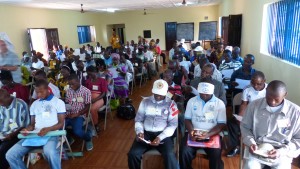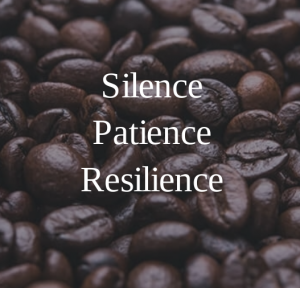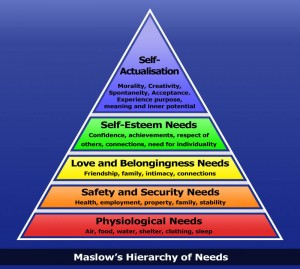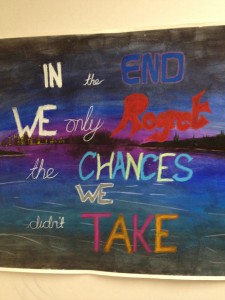Author Brené Brown from her book “The Gifts of Imperfection” writes that there are three things that people need to understand about shame:
1. We all have it. Shame is universal and one of the most primitive human emotions that we experience. The only people who don’t experience shame lack the capacity for empathy and human connection.
2. We’re all afraid to talk about shame.
3. The less we talk about shame, the more control it has over our lives.
While reading this it resonated with me as a teacher. How many have you experienced Professional Learning Shame? I’m a professional learning hoarder. I consume professional learning whenever possible and yet, often I feel shame while experiencing professional learning. I listen to another teacher who is courageous in sharing strategies and ideas that are meant to help me in my job and ultimately I end up thinking that I must be a poor teacher because I don’t do those things in my classroom. Often I come away feeling worse about myself. I’ll think, “Well great, obviously everything that I’ve been doing has been ineffective and I need to add THIS onto everything else.” or “I haven’t been doing THAT in my classroom. Clearly I’m not working hard enough. What must my colleagues think of me?”
Shame makes us think that we are somehow not worthy. I know that I’ve convinced myself of not feeling worthy when I compare my work to other teachers in my school, on Twitter or (cringe)…Pinterest. I find it difficult to look at myself professionally through an asset lens. The best way to stop feeling that shame is to talk about it. Once shame is talked about it tends to lose power and it is easier to let it go. So, I’m talking about it in a public forum so I can work on building up that resiliency.
I’ve felt shame as a teacher in social situations with people who aren’t educators. I’ve felt judged, compared and found unworthy. More than once I’ve heard, “Teachers are paid too much and have far too many holidays and benefits and they’re really just babysitters.” Whenever a Provincial Government talks about making cuts to education, it sends a message that teachers aren’t worthy of maintaining the current working conditions and fuels the public perception held by some that teachers are unworthy of what we earn.
In our school, whenever EQAO results are returned and we have our fall meeting to talk about the school improvement plan for the year, we celebrate for a nano second the areas in which the student have succeeded and focus intently on the shortcomings. As a school we know that we all share in the responsibility for the cumulative education of students and feel shame when we look at where we didn’t succeed, but some of my grade 3 and 6 colleagues have told me about how they feel solely responsible for EQAO scores and consequently, feel shame.
Well, this is a downer of a subject, get over it Fenn. What can we do? It’s the nature of our job right? Nope. There are some great pointers that Brené Brown shares about becoming shame resilient:
1. Understand when you are feeling shame and recognize what messages and experiences trigger shame for you.
2. Remember not to equate being imperfect with being inadequate.
3. Share your stories with people you trust and own your stories.
4. If you feel shame, name it. Talk about how your feeling and ask for what you need.
Teachers are constantly in receipt of feedback about their job; from parents, students, administrators, colleagues, the public and themselves. Staying open to criticism and feedback is what helps us improve education for our students. We need to take risks to remain open so that we can experience improvement. However, what we should also try to remember is that everyone is flawed and imperfect but that doesn’t mean that we are lacking.







 does not get enough attention. I’m talking about mental health in schools.
does not get enough attention. I’m talking about mental health in schools.